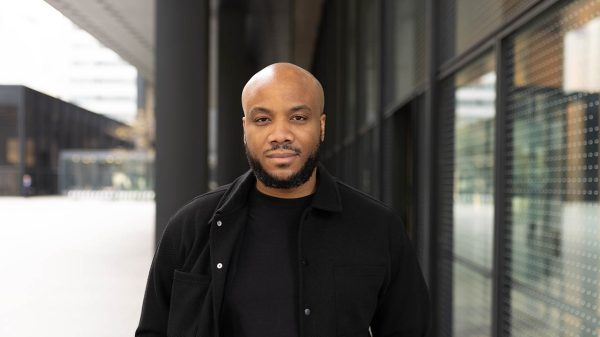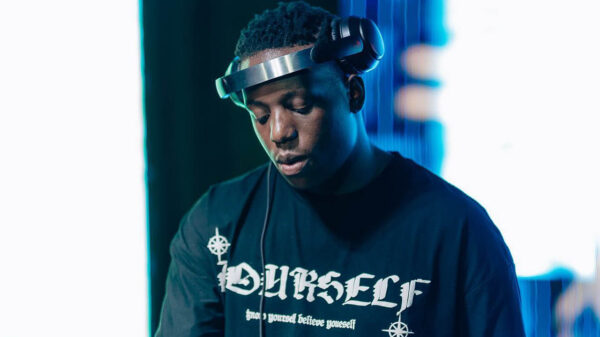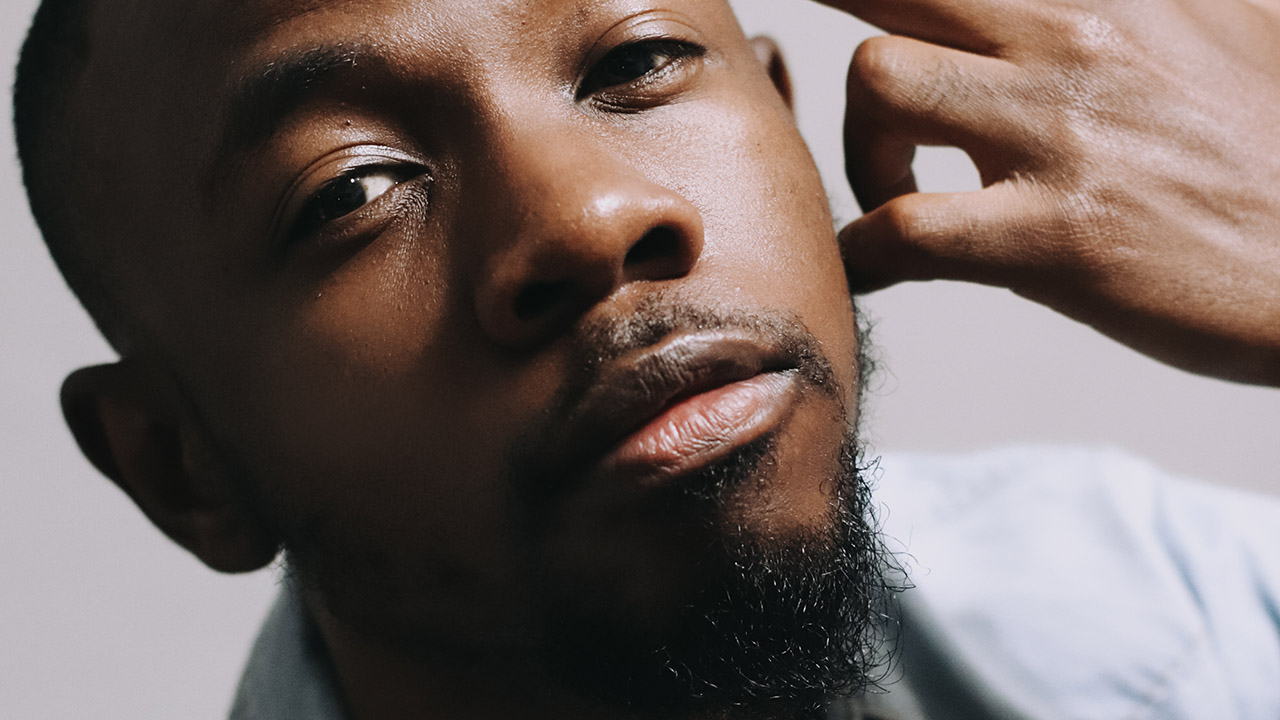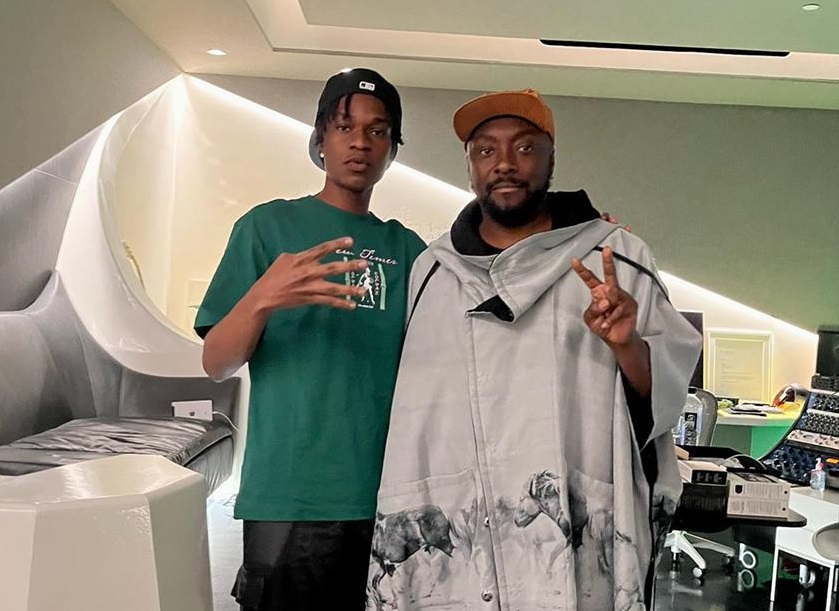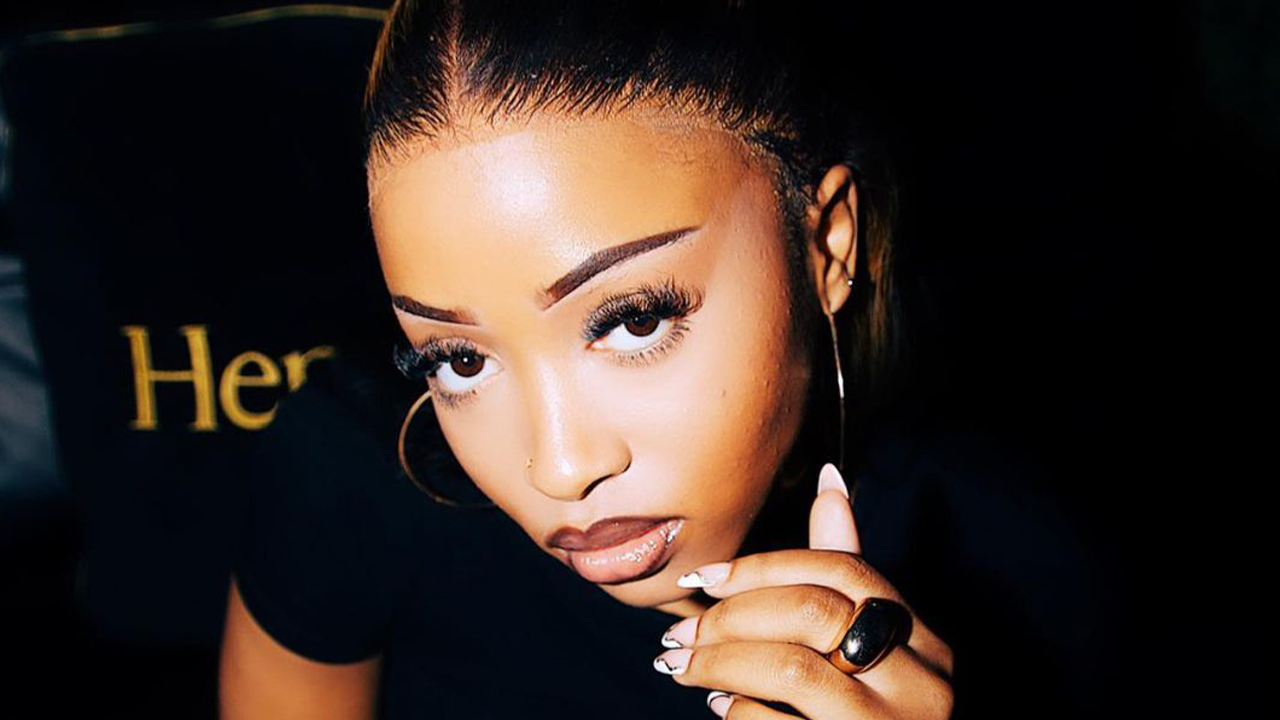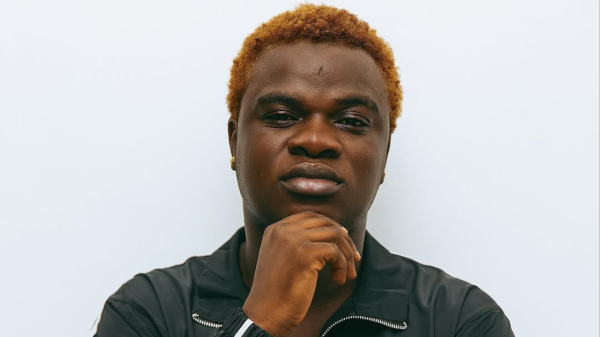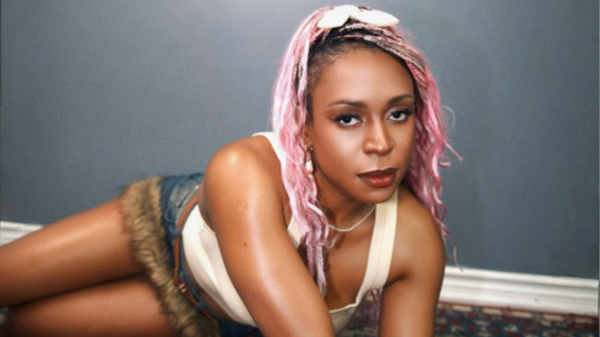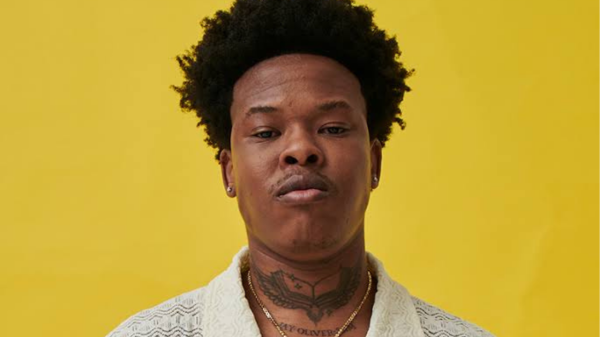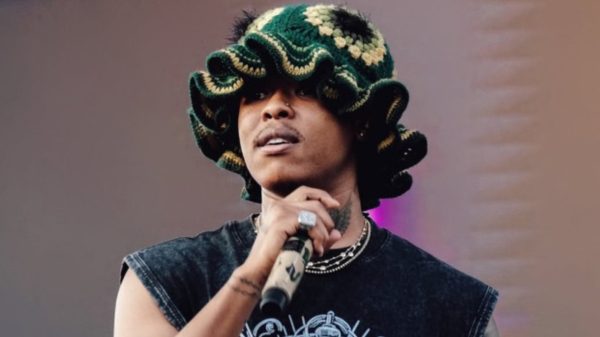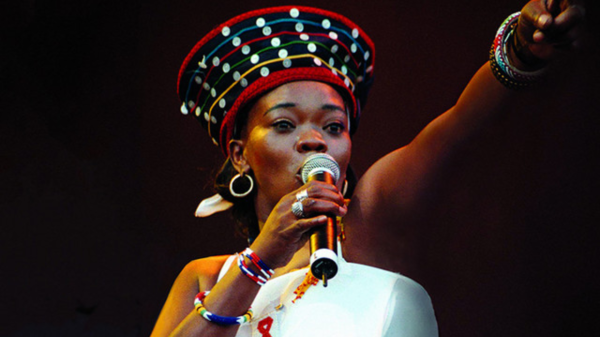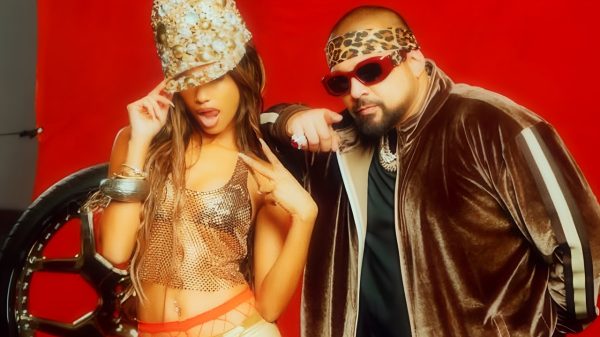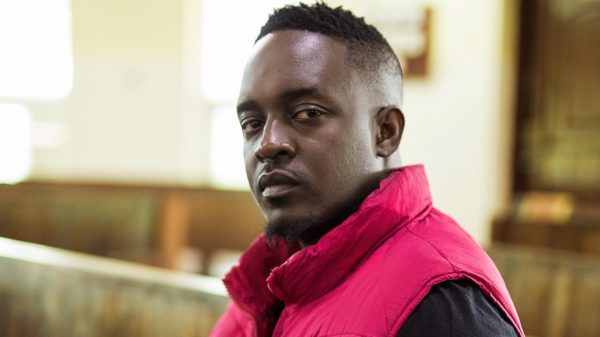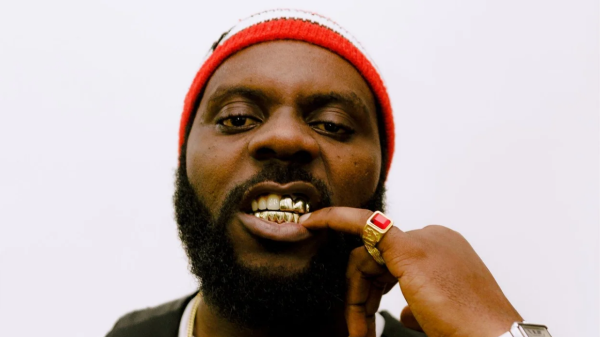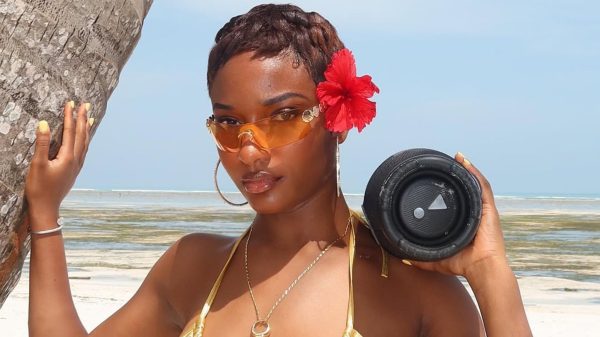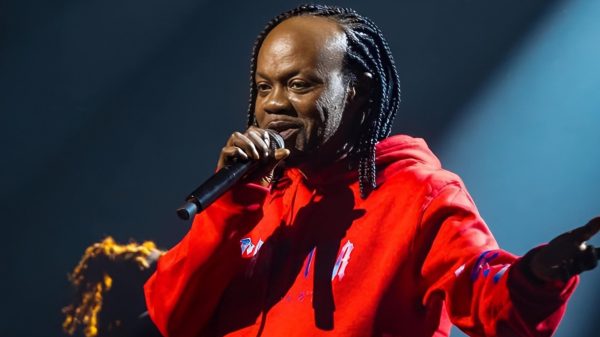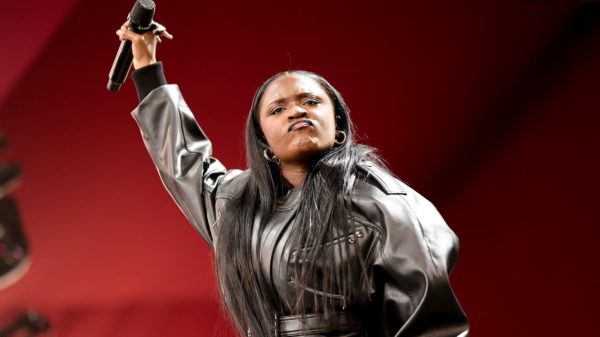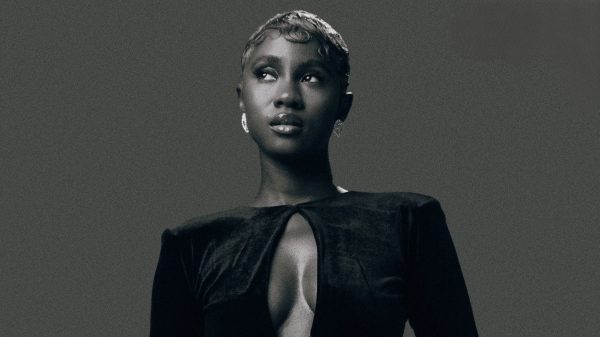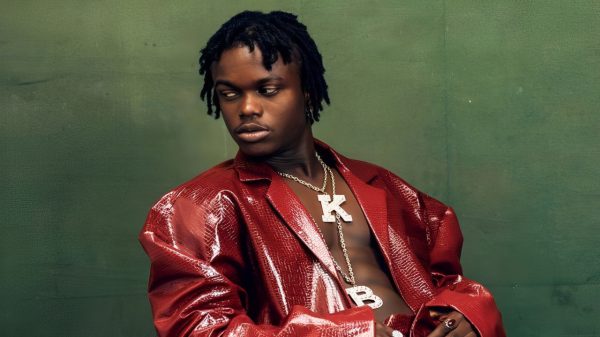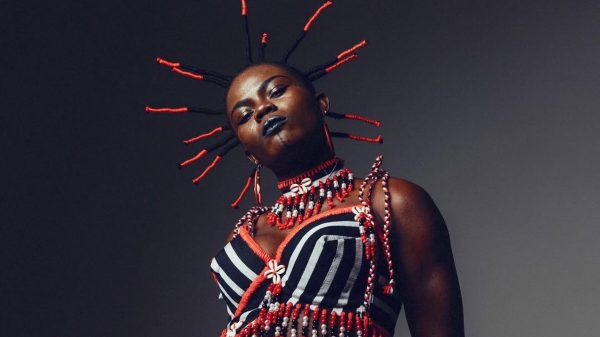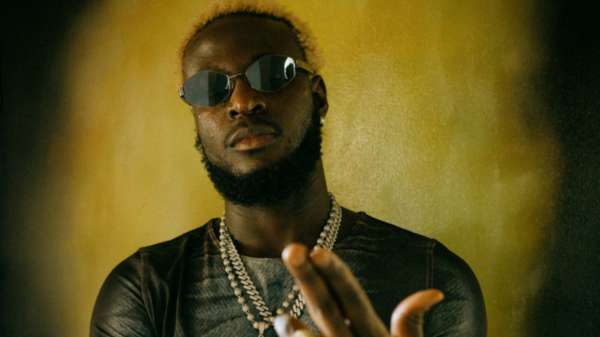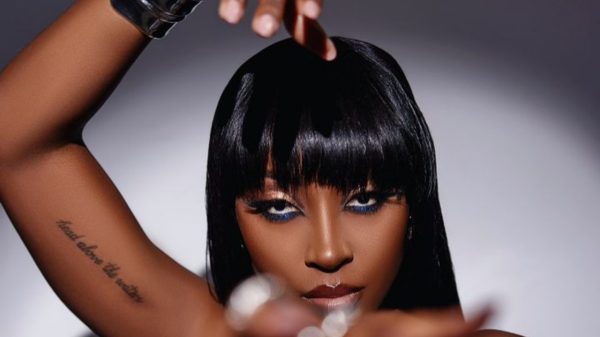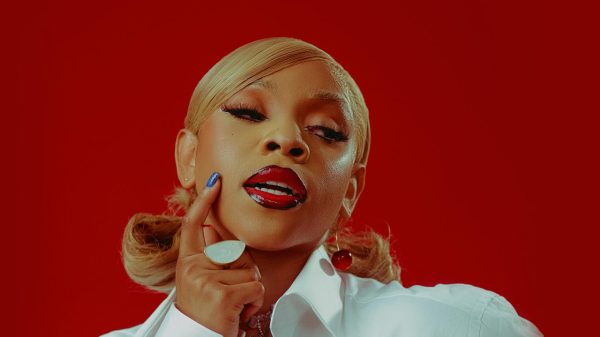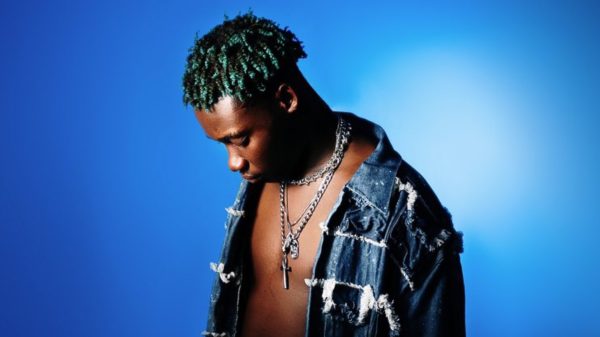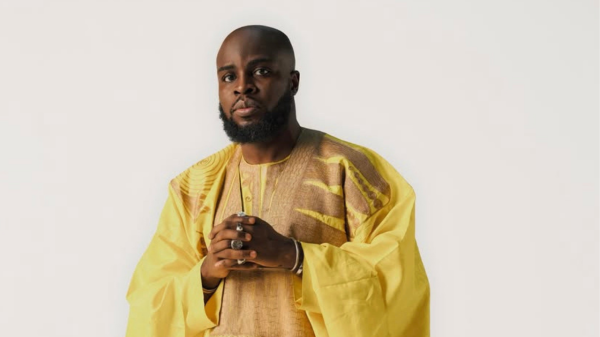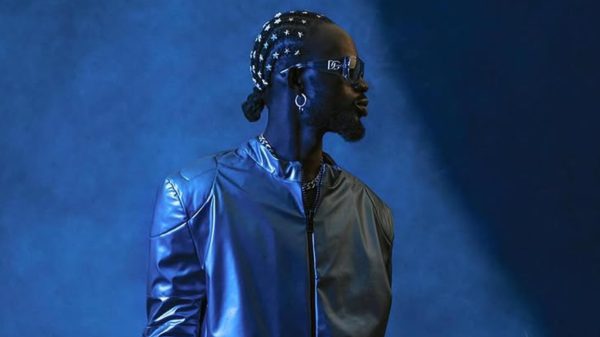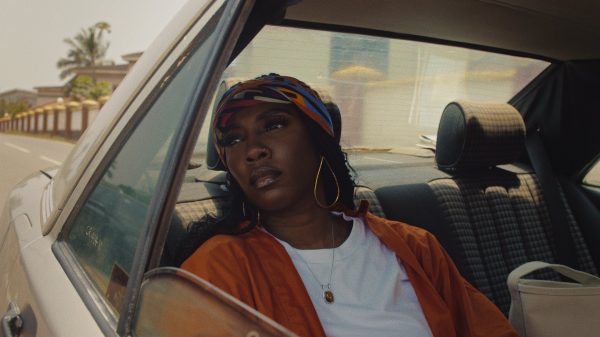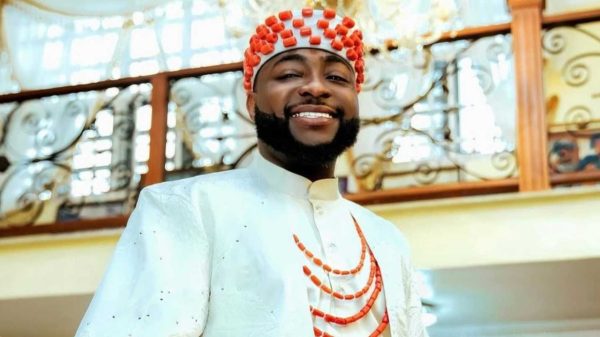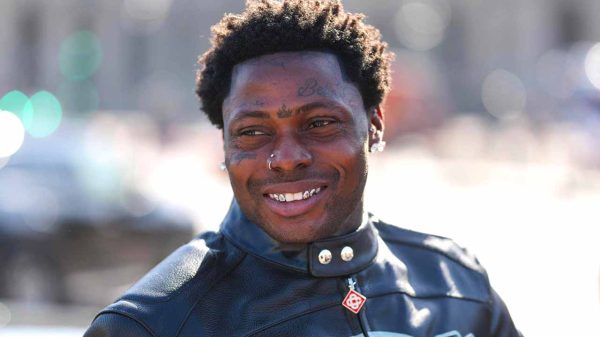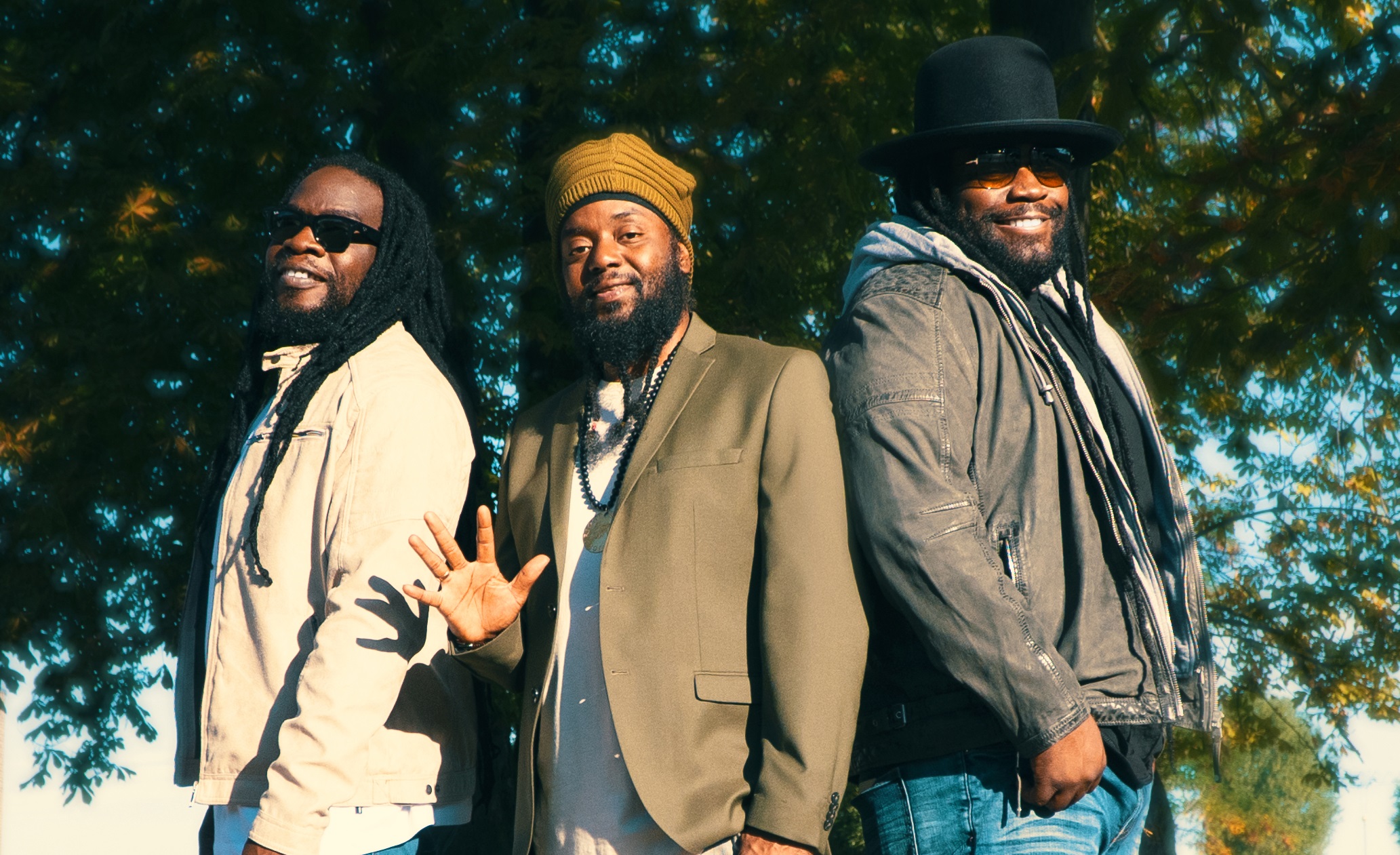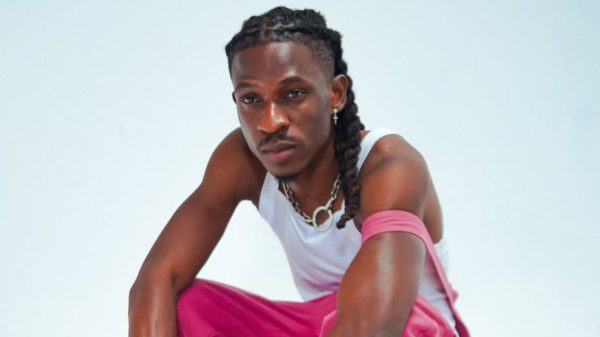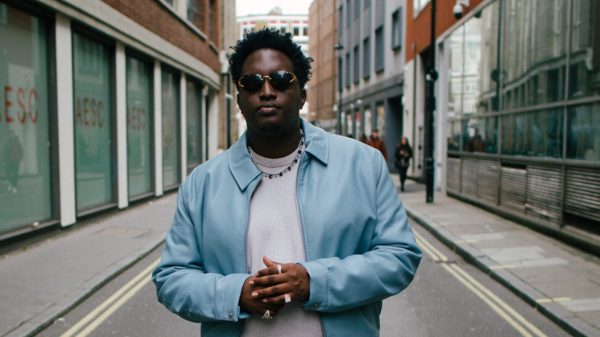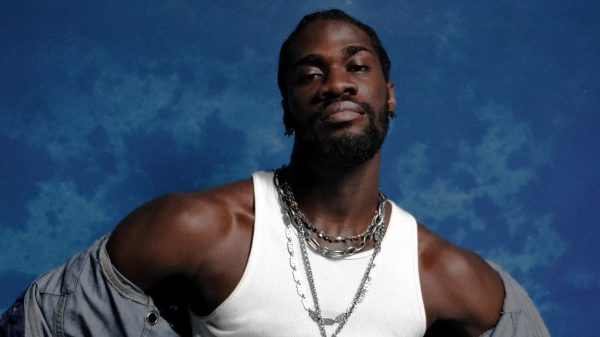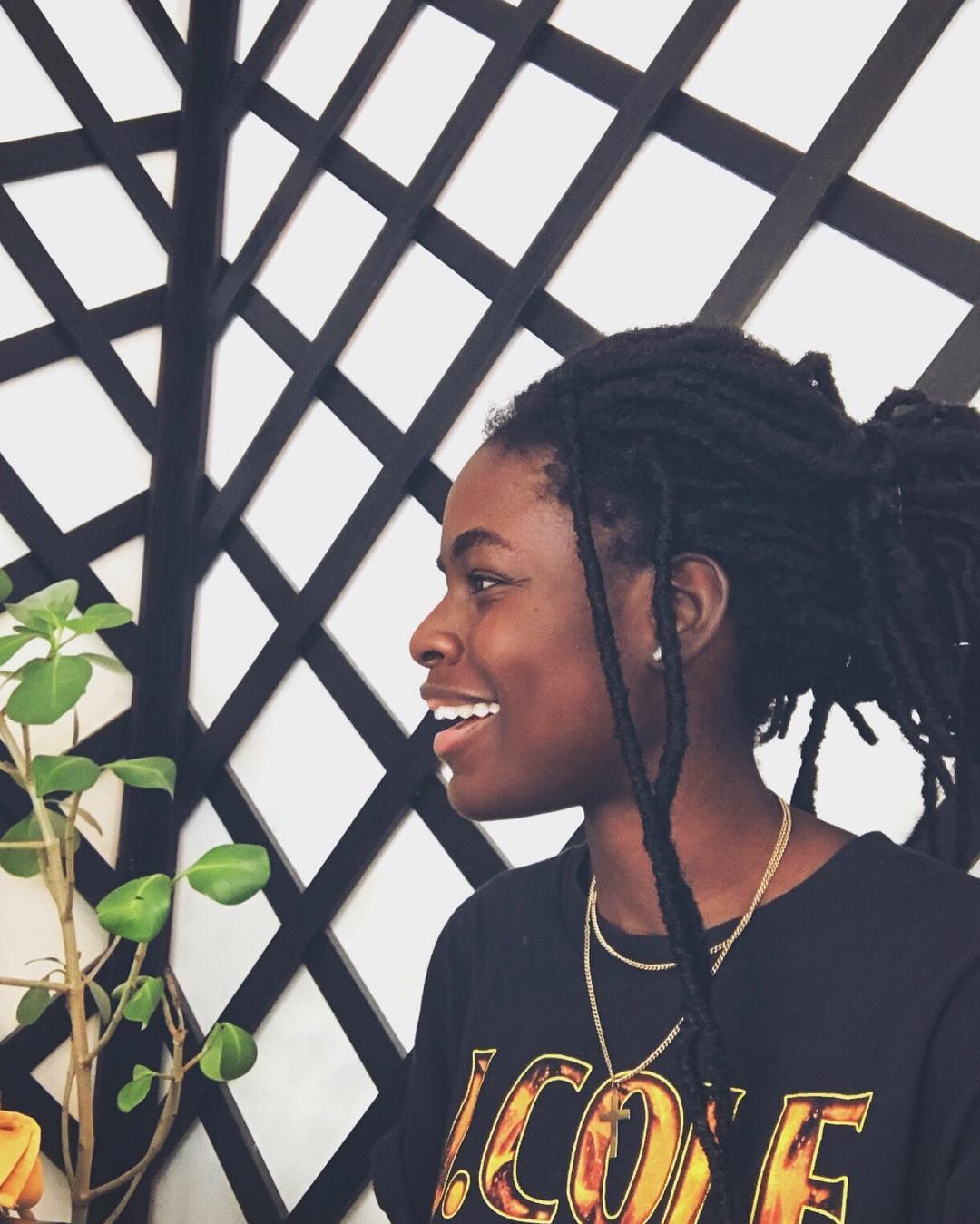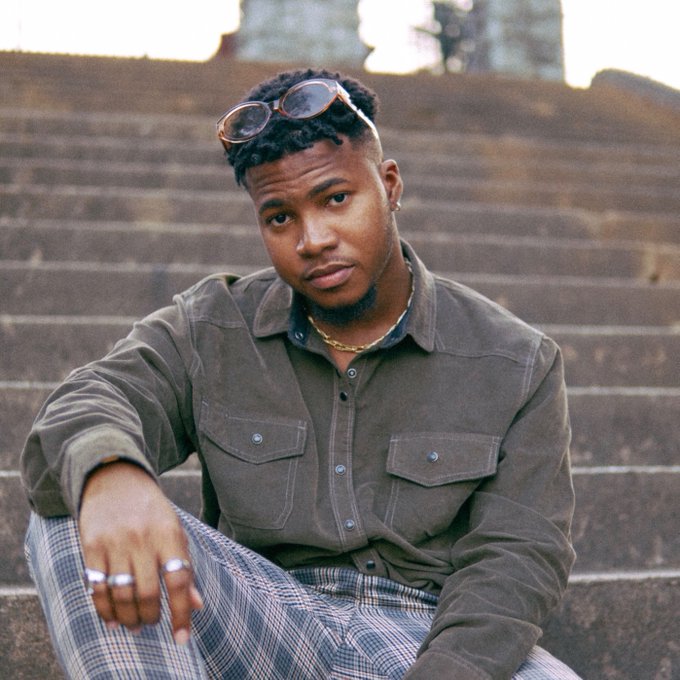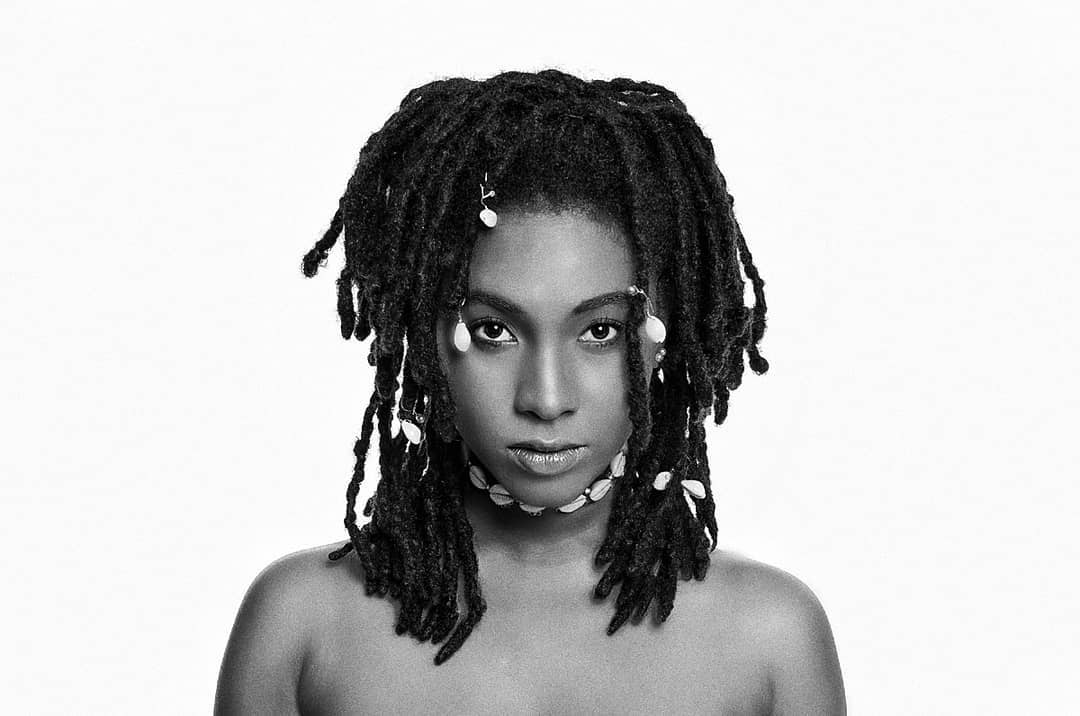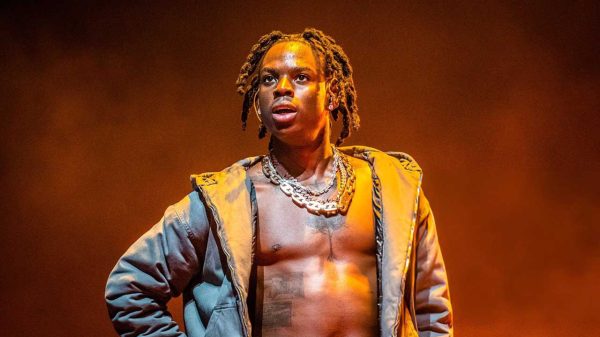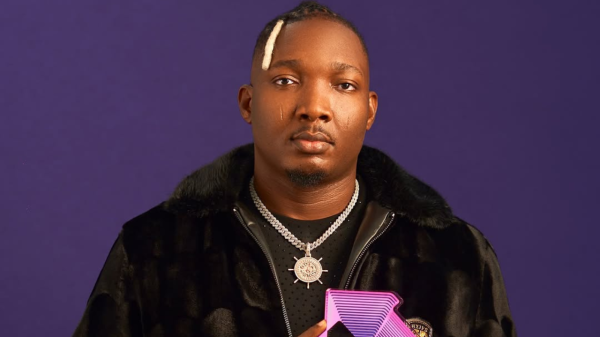How do you rank the catalog of Olamide, an artist who’s been everything—lyricist, hitmaker, street prophet, culture-shifter?
Olamide’s discography isn’t just a collection of songs—it’s a chronicle of Nigerian music’s evolution. From Olamide’s songs that owned the streets to his more polished Afro-pop slappers, each output captures a different phase of his journey—from the raw hunger of a Bariga upstart to the global icon he is today. We’ve previously looked at 20 Essential Olamide Songs Every Fan Should Know, but what about his albums?
But let’s be clear: ranking his albums isn’t about declaring winners and losers. Olamide’s floor is higher than most artists’ ceilings. Even his so-called “weaker” albums offer insight into his mindstate at the time—whether he was testing new sounds, doubling down on street loyalty, or simply making music on his own terms. The goal here isn’t to discredit any phase of his journey but to map the arc of his artistry—what worked, what shifted the culture, and what captured lightning in a bottle.
Each album tells a story, and this is about understanding which of those stories hit hardest—and why. Here’s our ranking of Olamide’s albums through the years.
10. Lagos Nawa (2017)
Olamide’s attempt at a concept album—recorded in just 48 hours with Young John, was daring, but ultimately scattershot. Lagos Nawa wants to capture the raw chaos and musical plurality of Lagos, but it never quite gels. For every moment of brilliance like “Wo!!” and the Reminisce/Timaya-assisted “Bend It Over,” there’s filler that feels rushed. The sound design is unfiltered and percussive, but too often repetitive. It’s an album more admirable for its ambition than its execution, a creative detour that lacked the polish of his best work.
9. UY Scuti (2021)
This was Olamide in full sonic pivot, leaning into mellow, groovy, almost meditative production—an Afro-fusion wave far removed from his rowdy origins. While tracks like “Rock” and “Julie” showcased a more refined, sensual side of him, the album sometimes felt too restrained, too smoothed-out. The risks are commendable, but the payoff varies. UY Scuti shows Olamide’s maturity and desire to evolve, but it doesn’t quite hit with the same emotional or lyrical weight as his classics.
8. Unruly (2023)
Unruly felt like a statement. It was Olamide returning to rap, not with the fiery hunger of Rapsodi but with the calm confidence of someone who’s already built an empire. The beats were lush and modern, with Olamide flowing effortlessly over amapiano, drill, and mid-tempo bounce. “Trumpet” with CKay and “Jinja” showcased his polished delivery, while “Problem” felt like vintage Baddo wrapped in designer. What made Unruly special was how unforced it felt—there was no need to prove anything. It was Olamide, at peace with his greatness, creating music that sounded like freedom.
7. Eyan Mayweather (2015)
This is arguably Olamide’s most misunderstood album. No features, pure confidence and a lot of flexing. Coming after Street OT, it was a declaration of dominance, packed with hits like “Lagos Boys” and “Don’t Stop.” Still, despite its commercial success, the album lacked the storytelling depth and cultural texture of his other works. It’s Olamide at his most self-assured, but also his most isolated. A solid project, but one that felt more than just an artistic leap.
6. Carpe Diem (2020)
This was Olamide’s rebirth. After years of holding the street down, Carpe Diem marked his pivot into a smoother, more contemporary Afrobeats space. He embraced melody like never before, with standout tracks like “Infinity” (featuring Omah Lay) and “Triumphant” (featuring Bella Shmurda) showing a vulnerable, reflective side. The album glowed with balance—emotional honesty, club bangers, and modern production. It wasn’t as raw as his early work, but it felt intentional, graceful, and forward-looking.
5. YBNL (2016)
This was the arrival of a movement. YBNL wasn’t just an album; it was a blueprint for street-pop dominance. It refined the rawness of his debut, pairing street gospel with massive hooks. “First of All,” “Voice of the Street,” and “Stupid Love” were instant anthems, but it’s the consistency that made this album so potent. It cemented Olamide as more than a flash-in-the-pan. Here, he found his voice, fused tradition with trend, and proved that Bariga had something to say.
4. Street OT (2014)
Arguably the album that fully crowned him the street king. Street OT is where Olamide became the voice of an entire demographic—narrating their hustle, dreams, and coded language with unflinching confidence. The synergy with Pheelz was at a creative peak, and the album offered both street bangers “Story for the Gods,” “Goons Mi” and “Prayer for Client”. It didn’t try to impress critics; it existed purely for the streets and the streets responded in kind.
3. Rapsodi (2011)
The debut that started it all. Olamide entered the game rapping like he had nothing to lose—and everything to prove. “Eni Duro” hit like a meteor, and Rapsodi kept that momentum going with a blend of Yoruba lyricism, gritty production, and raw hunger. His delivery was sharp, his pen vicious. There was no pretense, just pure ability and ambition. While it lacks the polish of his later work, it remains one of the most impactful debut albums in Nigerian hip-hop history.
2. The Glory (2016)
This was Olamide returning to pure rap form with sharper penmanship, deeper storytelling, and some of his most focused production. “Letter to Milli” gave fans emotional honesty. “Journey of a Thousand Miles” tapped into introspection. “Underground” with Akuchi was a gritty standout. But the magic of The Glory was how mature it felt—this was Olamide reflecting, not just reacting. It wasn’t about hits; it was about legacy. And with this album, he crafted one of his most complete, lyrically potent, and emotionally resonant bodies of work.
1. Baddest Guy Ever Liveth (2013)
Wait, you thought this was already ranked? Nope—the true #1 is Baddest Guy Ever Liveth. Eyan Mayweather already got its shine earlier at #7. Let’s give that crown where it belongs:
Because it deserves to be said, this is the most complete, culturally pivotal Olamide’s album to date. It married Yoruba lyricism with pop structure, gave the streets a new language, and redefined what a local rap act could achieve in the mainstream. It’s the album that even non-Olamide fans had to respect. Every track, every flow switch, every slang, felt timeless.

